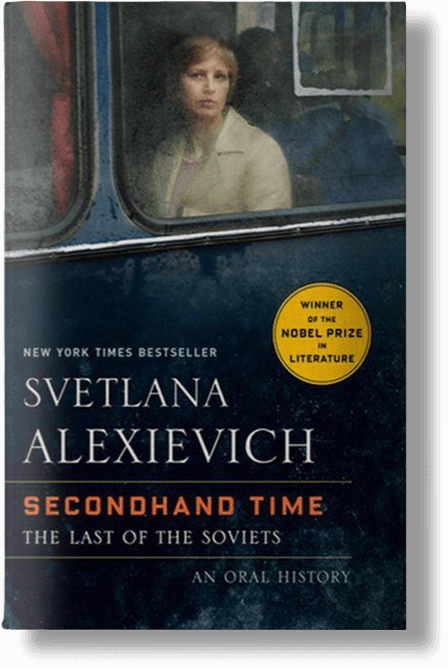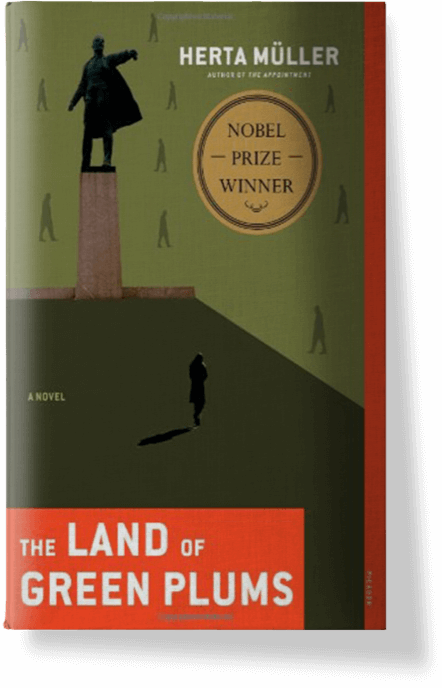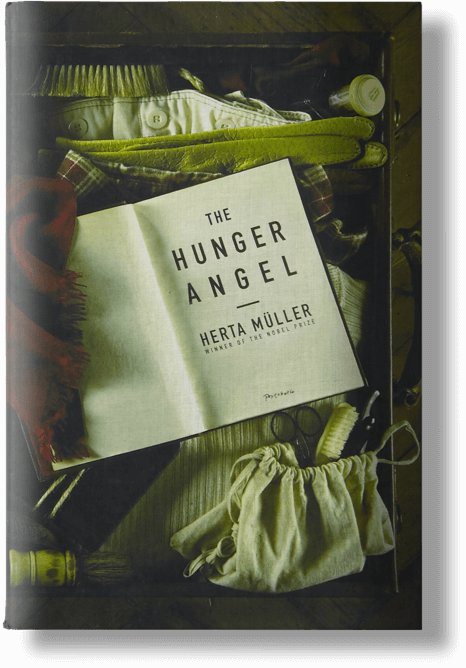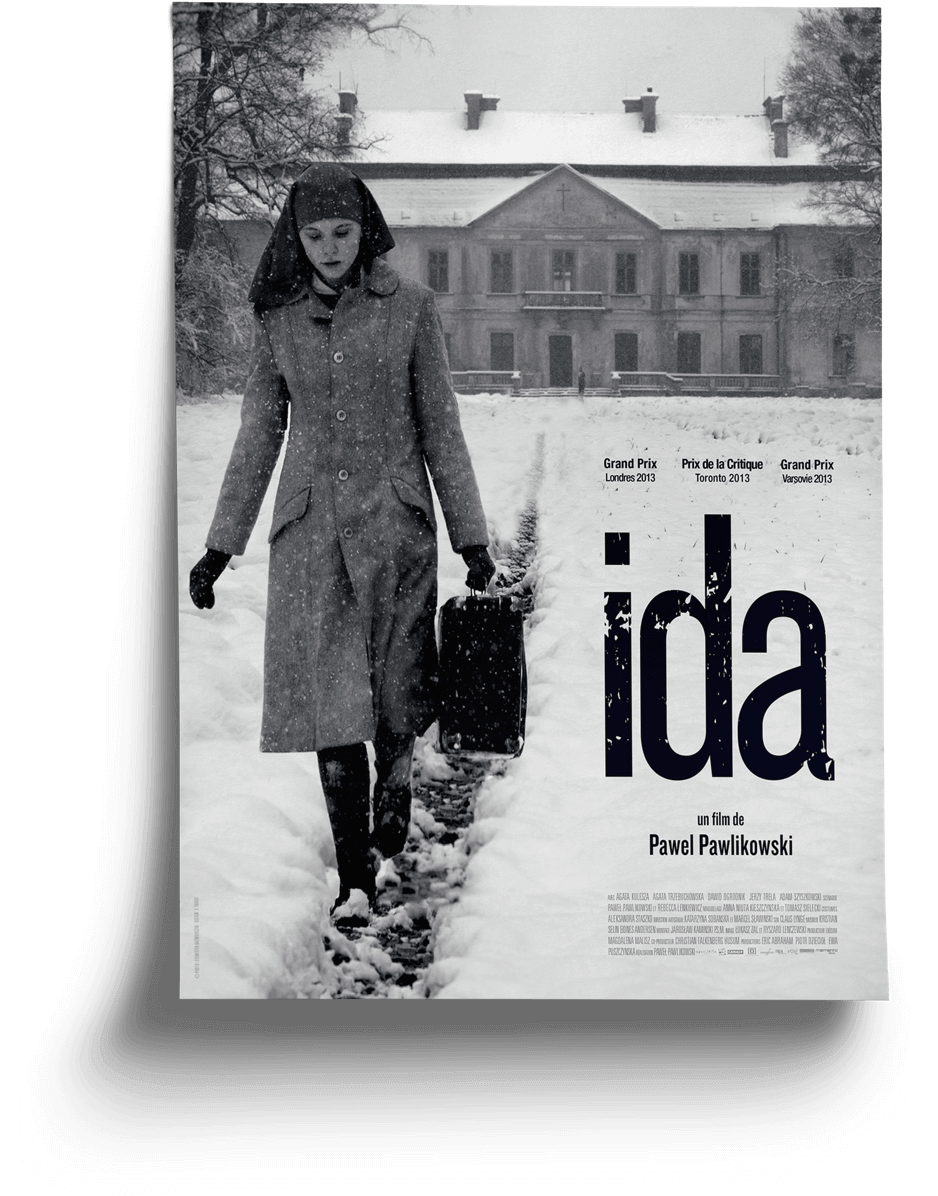Translating Memories:
The Eastern European Past
in the Global Arena
From the movie
Seltsimees laps (2016)
Priit Grepp ©
Priit Grepp / Amrion
From the movie
Seltsimees laps (2016)
Priit Grepp ©
Priit Grepp / Amrion
About the Project
 Publisher: Random House Trade Paperbacks
Publisher: Random House Trade Paperbacks
 Publisher: Picador USA
Publisher: Picador USA
 Publisher: Picador USA
Publisher: Picador USA
Since the disintegration of the Eastern Bloc at the end of the 1980s, Eastern Europe has been a hotspot of comparative, and at times competitive, political discourses about the past that try to negotiate Eastern European memories in the global framework. But what is at stake in these comparisons in cultural terms? In Translating Memories we focus on aesthetic media of memory –
literature, film and art – and the heated public debates that they have provoked in different national and international contexts. We explore how internationally successful art work from Eastern Europe articulates local histories of war, genocide and state terror, and the entangled histories of Nazism and Soviet repression in relation to transnational memory culture.
From the movie
Seltsimees laps (2016)
Priit Grepp ©
Priit Grepp / Amrion

By bringing together transcultural memory studies, global studies, translation theory and world literature studies we offer translation as a new model for conceptualising the transnational travel of memories. What is gained and what is lost in this translation?
In contrast to the competing political discourses on twentieth-century totalitarianisms, we argues that the arts have developed more productive comparative and translational approaches that negotiate national and regional differences, address the ethical and political complexity of narrating experiences of war and state terror, and help to untangle confrontational political discourses.